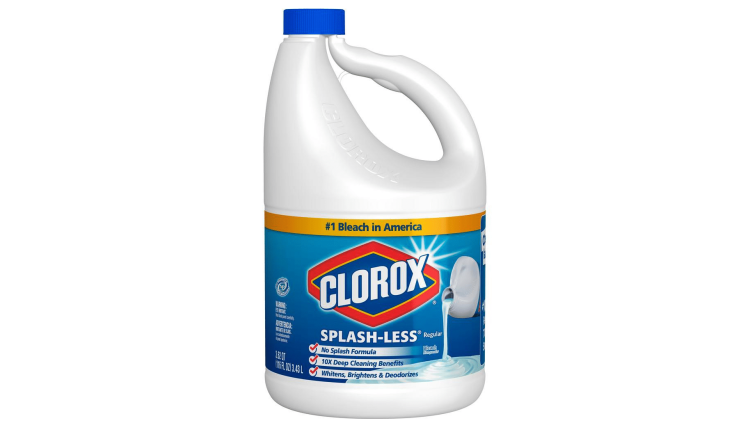Basseterre, St. Kitts, March 22, 2020 (SKNIS): Disinfection practices are important to reduce the risk of spread of COVID-19, says Chief Medical Officer, Dr. Hazel Laws speaking at the May 21 National Emergency Operations Center (NEOC) COVID-19 Daily Briefing.
Dr. Laws said that the COVID-19 Task Force has met with the church community, the business community, public and private sector offices to discuss the need for them to develop a sanitization programme.
“Individuals will have to concentrate on developing an appropriate sanitization programme for homes, for offices, for gyms, for churches, public transport and even restaurants,” she said.
The Chief Medical Officer said that persons will have to concentrate on “high touch surfaces” in these settings, which include door handles, windows, kitchen and food prep areas, counter tops, bathroom surfaces, toilets and taps and personal touch screen devices, including laptops. “These surfaces must all remain clean,” she said.
Dr. Laws highlighted some of the effective cleaning solutions persons can use.
“The good old soap and water and there are appropriate detergents that can be used in the context of COVID-19. The science tells us that the alcohol based solutions are very effective in decontaminating these surfaces. Then there is bleach. The recommended concentration of bleach is 0.1 percent, which is equivalent to one part of a five percent household bleach to 49 parts of water,” she said.
All disinfectant solutions should be freshly prepared each day and stored in an opaque container in a well ventilated area, noted Dr. Laws.
The Chief Medical Officer also outlined effective cleaning strategies.
“Clean all surfaces with soap and water or detergent first. This is recommended because it is important for you to remove the organic matter and dirt first. Then you disinfect with the appropriate cleaning solution. Cleaning should always start from the least soiled or the apparently cleanest area to the most soiled or dirtiest area. This is done to prevent the spread from the dirty areas to the less dirty areas. Disinfecting indoor spaces via spraying is not recommended in the context of COVID-19. Disinfectants should be applied using a cloth or a wipe that is soaked with the appropriate solution,” she said.
Dr. Laws informed that when cleaning in non-healthcare settings, the minimum recommended personal protective gear includes the use of disposable or rubber gloves, impermeable aprons and closed shoes.
“Eye protection and medical masks may also be needed to protect against chemicals in use or if there is a risk of splashing. In all settings, frequent hand washing and avoiding touching the face should be the primary prevention approaches to reduce any potential transmission associated with surface contamination,” noted the Chief Medical Officer.

